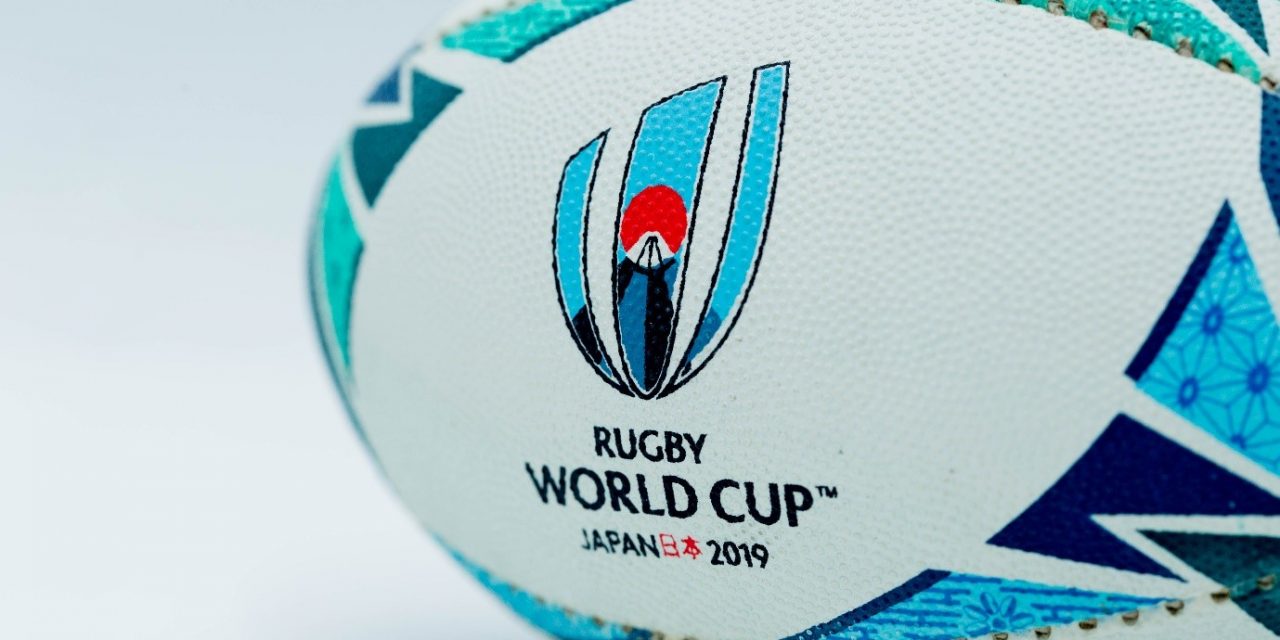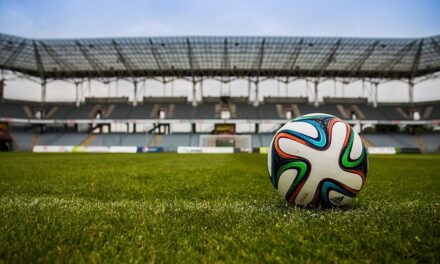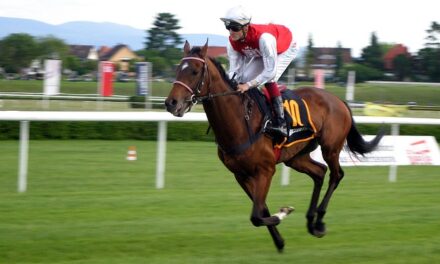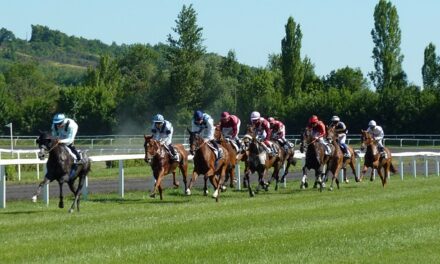It was a performance lacking quality, desire, and composure. Ireland’s defeat to Japan was abject, lifeless – as if they expected victory to be a mere formality. Japan outplayed, and more worryingly, outfought Joe Schmidt’s side, the hosts’ passion and commitment blowing Ireland away. It was the sort of game where you need experienced players to stand up and take hold of a game, but Ireland’s old heads were as lost for ideas as anyone. Rory Best, Conor Murray and Cian Healy among others failed to inspire an Irish comeback – Schmidt’s side failed to score at all in the second half.
World Cups are where you need experience in order to make an impact. Ireland have a powerful, exciting pool of young talent, with a sprinkling of experience in key areas. Captain Rory Best exemplifies this. The hooker is retiring after this World Cup, he has held together and inspired Ireland’s forward line for over a decade, but against Japan Ireland had no answers, stunned by the discipline of Japan’s defence.
Conor Murray, too, struggled to make a significant impact as the number 9. Ireland clearly missed the mercurial presence of Jonny Sexton in the fly-half position, and his ability to grab a game by the scruff of the neck. Replacement Jack Carty played well in patches and was instrumental in Ireland’s two early tries, but when the going got tough he shrank away. Sexton has the ability to pick Ireland up when they’re struggling, and without him they looked toothless in the second half when Japan got into their stride.
“Ireland looked very blunt. They looked devoid of ideas, they looked devoid of energy actually.” Those were the words of former Ireland captain Brian O’Driscoll after the game, and it’s hard to argue with his assessment. Ireland’s performance, or lack of performance, was a worrying sign for a team built on its power and ruthlessness. None of those attributes were present in the display at the Shizuoka Stadium, instead, Ireland were dull and uninspired with the ball, lacked creativity in the second half, and seemed taken aback by the physicality of Japan’s defensive line.
Ireland will now face a battle to win the pool. Japan are flying high after such a momentous victory, and Scotland were recharged by their win over Samoa despite losing meekly to Ireland the week before. Now is the time for experienced players to step up and ensure there are no repeats of the kind of performance given against Japan.
Should Ireland qualify, they will in all likelihood face New Zealand or South Africa. That makes winning the pool all the more important to avoid a quarter-final match-up with back-to-back World Cup Champions, the All Blacks. However, without serious improvement, Joe Schmidt’s pack will struggle greatly against either side. With Sexton fit again and ready to return to the team, Ireland may breathe a little easier ahead of their remaining pool games, and his return should lift the rest of the squad.
Perhaps the Japan defeat will prove to be a much-needed wake-up call for Ireland’s players, old and young. Rugby is a sport that punishes complacency, and Ireland perhaps underestimated Japan and the power of their home support. Lessons will have been learned, and Schmidt will have assessed how Ireland can address such shortcomings in future matches.
Four years ago, Ireland breezed through the pool stage, winning all four matches, before crumbling in the quarter-finals against Argentina, the first side to significantly test them. Perhaps this defeat will help them to focus and concentrate their efforts better. Ireland are a side who have never advanced beyond the last eight of the competition, and while rugby world cup outright odds listed them as a potential winner ahead of the tournament, there is clearly work to be done if they are to achieve any such success.


















